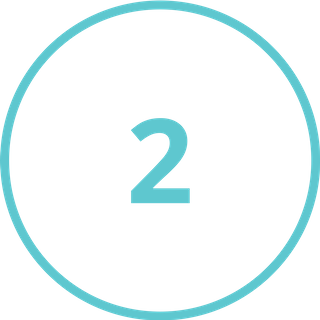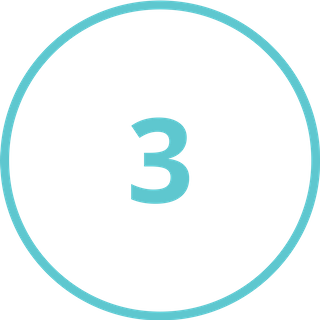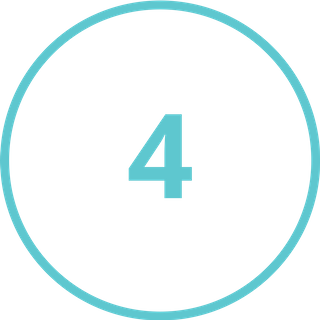Recently, TikTok's privacy concerns have increased significantly. Under the Netherlands law and in the General Data Protection Regulation (GDPR), children are considered an extra vulnerable group because they are less aware of the consequences of their actions, especially when processing their personal data on social media.
Various European privacy regulators have taken measures against TikTok or have announced that they will investigate TikTok. In February 2019, the UK privacy regulator, the ICO, started an investigation into TikTok's GDPR violations. In May 2020, the Dutch Data Protection Authority also announced an investigation. In June 2020, the European Data Protection Board announced that it would set up a task force to investigate TikTok's privacy and security concerns. On January 22, 2021, the Italian privacy regulator ordered a ban on the use of data from users whose age has not been verified on TikTok as a consequence of a dangerous challenge in which a 10-year-old girl died.
It was recently revealed that TikTok was spying on millions of iPhone users. The application had been collecting important data such as the IP address, data provider, unique ID of each device, individual keystroke patterns and location data.
With an iOS 14 update, it became clear that TikTok had access to the so-called clipboard of the app user. This is a problem because it allows the app to see everything that iOS users input or copy to this “copy-paste” memory of their devices. This often concerns important and sensitive information.














.png)